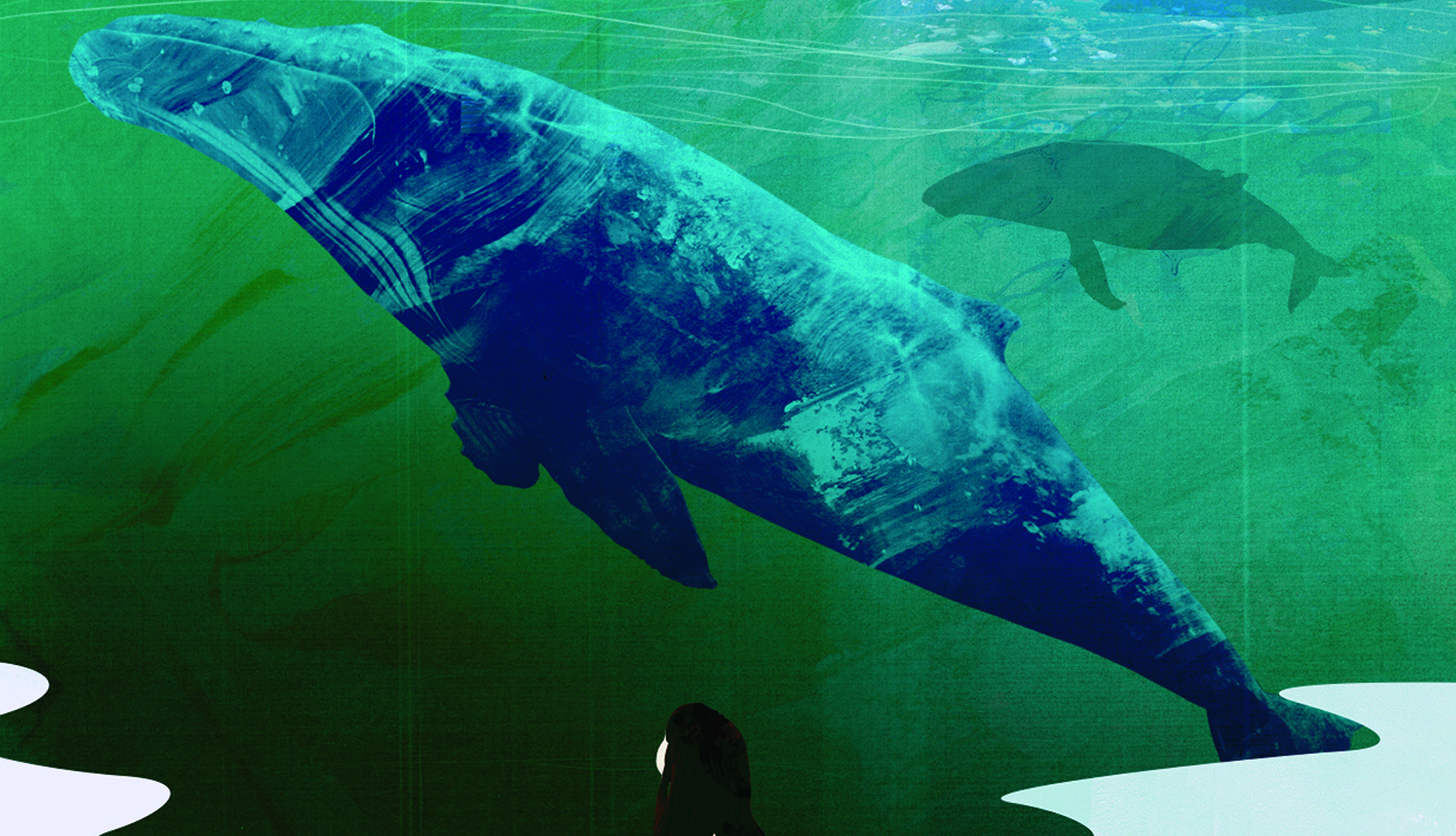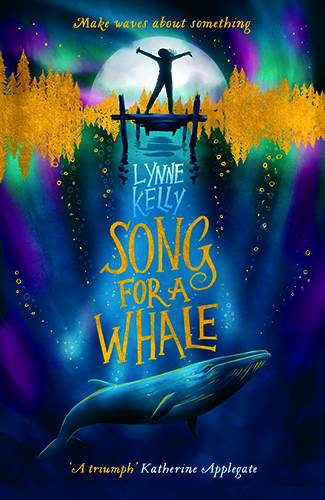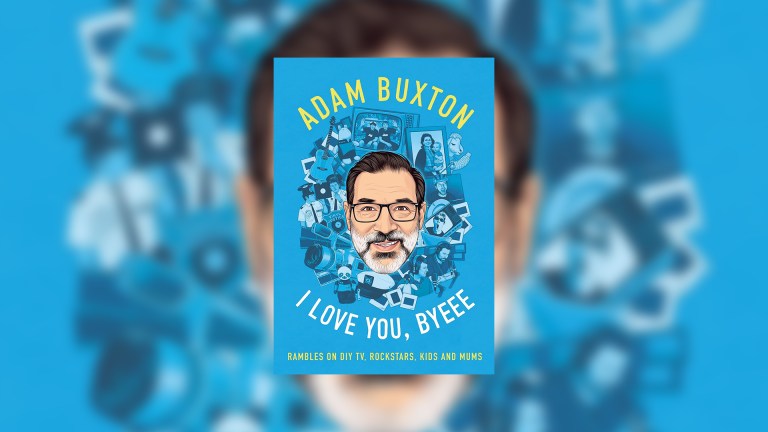When most writers sit down to write a new story, they start with a character or plot. Mine started with a whale who wouldn’t let me go.
In 2015 I learned about the 52 hertz whale, also known as ‘The Lonely Whale’ and ‘52 Blue’. He sings at a frequency unlike other whales – 52 hertz instead of 10-20 hertz. He’s been out there for decades. How was it possible I hadn’t heard of him? I wondered what life was like for this whale who sang like no other.
We’re able to hear the song of 52 Blue, and all whales, because of an ocean-wide system of hydrophones, originally used by the US military to detect Soviet submarines. With the thawing of the Cold War in the 1980s, the military made the technology available to marine biologists. William Watkins of Woods Hole Oceanographic Institution (WHOI) noticed one whale song in the North Pacific ocean that didn’t sound like any other. The song had characteristics of both blue and fin whales, but the frequency was much higher. For humans, 52 hertz is a low sound – like the lowest note of a tuba – but it’s high for whales. The song would continue sometimes for hours before stopping as abruptly as it had started. For the next 12 years, Watkins and his team recorded the song from fall to late winter, when the whale swam out of range of the hydrophones.
No one is certain why the whale sings at this unusual frequency. Some biologists hypothesise that he is either malformed in some way or is a hybrid of two species of whale.
Though the WHOI researchers found that the 52-hertz song was coming from only one source, more recent recordings suggest that perhaps there’s a small population of whales that sing at this high frequency.












